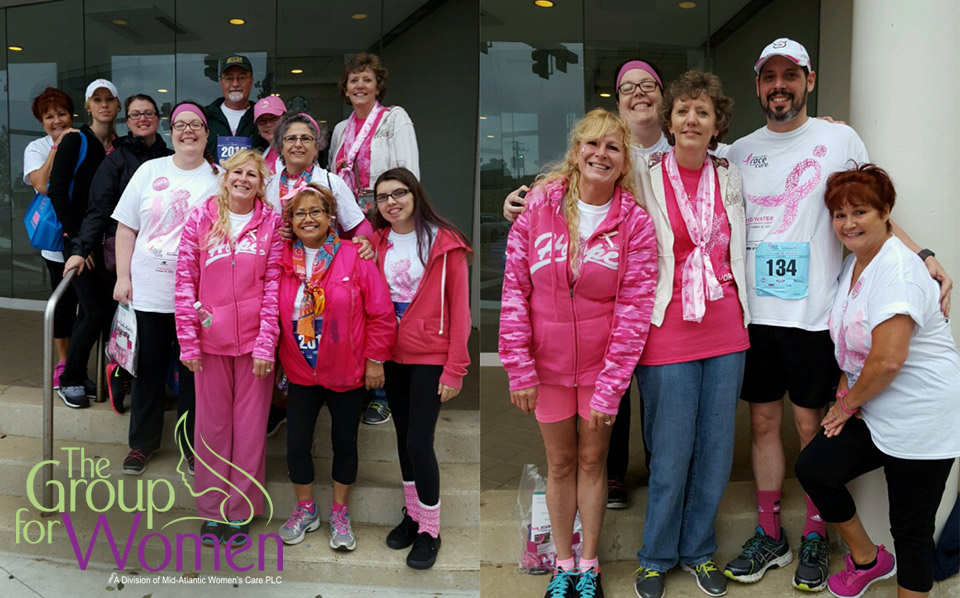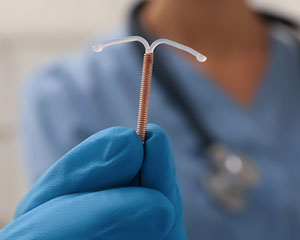PHYSICIAN EXCELLENCE AWARD 2016
Congratulations to our first recipient: Dr. Michael Speckhart
In its inaugural year, Sentara Leigh Hospital has established the Physician Excellence Award which seeks to annually recognize physicians who are distinguished for their commitment to their patients and their team members. The annual winner will have his/her name and picture placed on the Employee Recognition Wall which is in development for 2016.
This award was championed by Dr. Samuel Robinson who was instrumental in the development and implementation of this program. We would like to thank him for his participation and support.
Nominees this year were submitted by peers, ancillary departments, nursing departments and community-focused groups. Submissions were reviewed by a multi-disciplinary voting committee made up of Nursing Practice Council, Ancillary Practice Council, Patient & Family Advisory Council and Sentara system leaders. We appreciate their involvement as well.
Physicians nominated for this award demonstrated excellence in all of the following areas:
– Sentara Commitments – Professional Practice – Improved Patient Outcomes – Collaboration in creating a high-performance team
Please see a few thoughts on each of our nominees below:
Dr. Pamela Evans, Neurologist of Sentara Medical Group
Dr. Evan’s use teamwork in providing adequate and safe care to her stroke patients daily. She always has a smile of her face and is easily approachable which allows the communication to be open and results in a better stroke program. She takes feedback and responds positive. We truly love working with her.
Dr. G. Wilkins Hubbard, Cardiothoracic Surgeon of Sentara Surgery Specialists
Dr. Hubbard is very respectful of all team members. He works tirelessly for decades to ensure that the team feels appreciated, respected and cared for. He knows the names of the nurses, housekeepers, volunteers. He is consistently reliable and offers constructive comments in Medical staff leadership meetings. He is a jewel among the physicians at Sentara Leigh and he is very supportive of the hospital.
Dr. Holly Puritz, OB-GYN of Group for Women
Always wearing a smile, Dr. Holly Puritz is a pleasure to work alongside with! Her knowledge and leadership provides a strong foundation for the excellent services provided on the Family Maternity Center. She provides leadership, compassion, and focus on the goal of keeping patients safe and providing exceptional childbirth experiences every day!
Dr. Jack Siegel, Orthopedic Surgeon of Jordan-Young
Dr. Siegel is heavily involved in facility improvements and the surgical services lines. He has volunteered numerous years of service as a hospital committee volunteer to continue to better Sentara Leigh and community programs Dr. Siegel is an avid advocate for nursing education and advancement and partners with the staff to improve patient outcomes. He is a voice for employees and patients.
Dr. Michael Speckhart, Internal Medicine & Head of SMG Hospitalists at SLH
As we worked to build a nationally recognized team at SLH, Dr. Speckhart supported our efforts through attending our partnership councils and bringing information that helped grow a great bond between the staff and physicians. Dr. Speckhart is very involved in the infrastructure that guides the practice of medicine at Leigh. For at least 5 years he has led the SMG Hospitalist team and participates on a variety of teams that continue to push medical practice into a World Class position.
Dr. Bethany Tan, Cardiothoracic Surgeon of Sentara Surgery Specialists
Dr. Bethany Tan is a role model and mentor for excellence in patient care and medical practice. She values and promotes the team approach to patient care. It is understandable why Dr. Tan attracts providers and support staff to her team – it is human nature to want to be part of a “winning team”. The office team, OR team, and inpatient care team are integral to the success of the Thoracic practice at Leigh. Support is provided via many specialists that have “come on board” to be a part of such a dynamic group.
Dr. Walter Vest, Internal Medicine of SMG Hospitalists at SLH
Dr. Vest is very supportive of new graduate nurses, and makes them feel confident in their practice and decision making skills. Dr. Vest empowers the nurse’s role and supports them. We appreciate Dr. Vest for being the confident and caring doctor that he is and it makes our night knowing he is on call!
Family Maternity Center News
Thank you to Holly S. Puritz, M.D. for her many years of dedicated service as the OB Medical Director for SLH.
Giniene Pirkle, MD will transition into the role beginning in June 2016.
The Family Maternity Center would also like to acknowledge the OB Physician Groups of Elite Women’s Care, The Group for Women, and Tidewater Physician’s for Women, along with Atlantic Anesthesia for their partnership in the Evidence Based Practice of placing the newborn Skin-to-Skin immediately after delivery. The practice was expanded into the OR setting and has significantly reduced admissions to the Level II Nursery.
The work will be disseminated through the poster Bringing Relationship Based Care to Life: Reducing Nursery Admissions with Skin -to-Skin in the OR. Presentations are planned over the next several months. Most notable is acceptance to the National Magnet Conference being held in Orlando FL in October 2016.
Submitted by Marybeth Baber





 The Hormonal IUD:
The Hormonal IUD: